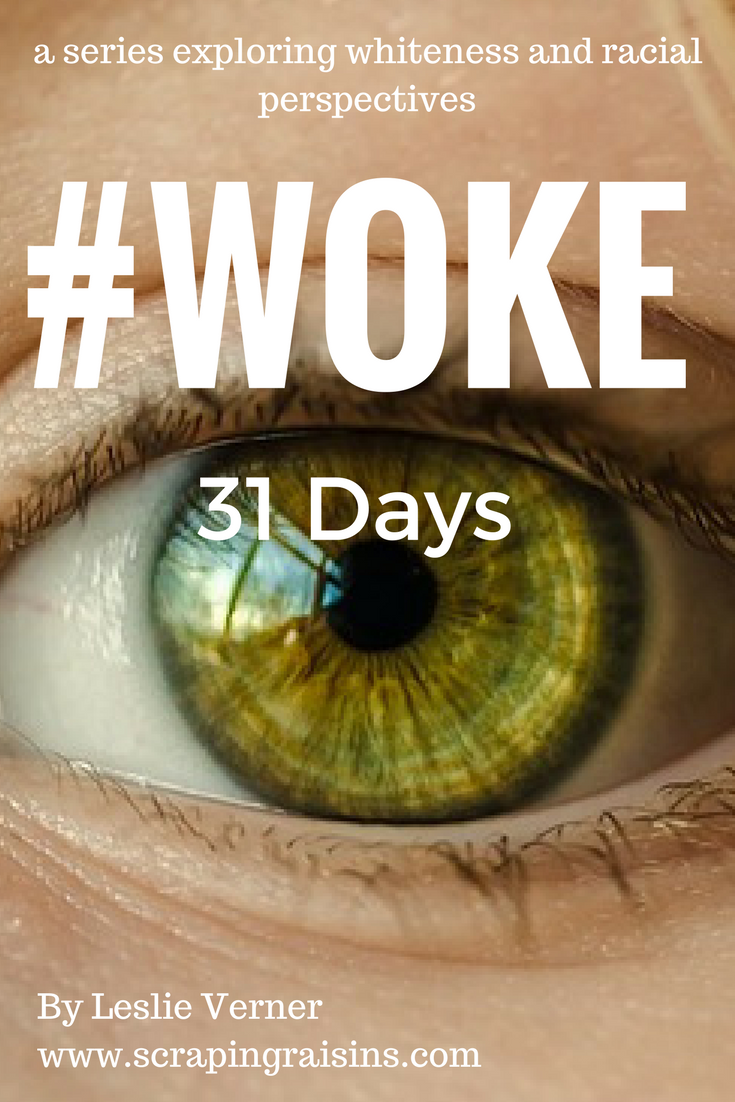This book changed my life. I tell everyone who will listen to read Just Mercy, by Bryan Stevenson.
“You won’t enjoy it,” I say. “In fact you may even hate it. But to be a responsible human being, you should read it–in a ‘everyone should watch Schindler’s List‘ kind of way.”
As of today, Just Mercy has five out of five stars on Amazon, a composite of 2,292 reviews.
Sot it’s not just me.
Here are some quotes from the book:
“Today we have the highest rate of incarceration in the world. The prison population has increased from 300,000 people in the early 1970s to 2.3 million people today. There are nearly six million people on probation or on parole. One in every fifteen people born in the United States in 2001 is expected to go to jail or prison; one in every three black male babies born in this century is expected to be incarcerated.” (p. 15 emphasis mine)
“Some states have no minimum age for prosecuting children as adults; we’ve sent a quarter million kids to adult jails and prisons to serve long prison terms, some under the age of twelve.” (p. 15 emphasis mine)
“Proximity has taught me some basic and humbling truths, including this vital lesson: Each of us is more than the worst thing we’ve ever done. My work with the poor and incarcerated has persuaded me that the opposite of poverty is not wealth; the opposite of poverty is justice.” (p. 17-18)
“The true measure of our character is how we treat the poor, the disfavored, the accused, the incarcerated, and the condemned.” (p. 18)
“Most incarcerated women–nearly two-thirds–are in prison for nonviolent, low-level drug crimes or property crimes. Drug laws in particular have had a huge impact on the number of women sent to prison … one of the first incarcerated women I ever met was a young mother who was serving a long prison sentence for writing checks to buy her three young children Christmas gifts without sufficient funds in her account.” (p. 236)
“In 1996, Congress passed welfare reform legislation that gratuitously included a provision that authorized states to ban people with drug convictions from public benefits and welfare. The population most affected by this misguided law is formerly incarcerated women with children, most of whom were imprisoned for drug crimes. These women and their children can no longer live in public housing, receive food stamps, or access basic services. In the last twenty years, we’ve created a new class of ‘untouchables’ in American society, made up of our most vulnerable mothers and their children.” (p. 237 emphasis mine)
***
Bryan Stevenson couched the above statistics within the narrative of one larger story–that of a man condemned to death row. But each chapter supports his story arc with many different personal stories of his clients. So don’t expect a dry read as you pick up this book, but do expect to have an emotional connection to the people you meet in its pages.
Expect to be changed.
I wrote out some questions for group discussion for my book club that you are welcome to use. You can find them here.
I also went to hear Bryan Stevenson speak in the fall. You can read my notes on his talk here.
A great companion to reading this book is the documentary currently showing on Netflix called 13th. It features Bryan Stevenson as well as many other justice warriors.
https://www.youtube.com/watch?v=V66F3WU2CKk
What other books on the issue of racial justice have been transformational for you?
If you read Just Mercy, I’d love to hear how you liked it in the comments section!
New to the Series? Start HERE (though you can jump in at any point!).

During the month of March, 2017, I will be sharing a series called 31 Days of #Woke. I’ll be doing some personal excavating of views of race I’ve developed through being in schools that were under court order to be integrated, teaching in an all black school as well as in diverse classrooms in Chicago and my experiences of whiteness living in Uganda and China. I’ll also have some people of color share their views and experiences of race in the United States (I still have some open spots, so contact me if you are a person of color who wants to share). So check back and join in the conversation. You are welcome in this space.
**includes Amazon affiliate links





